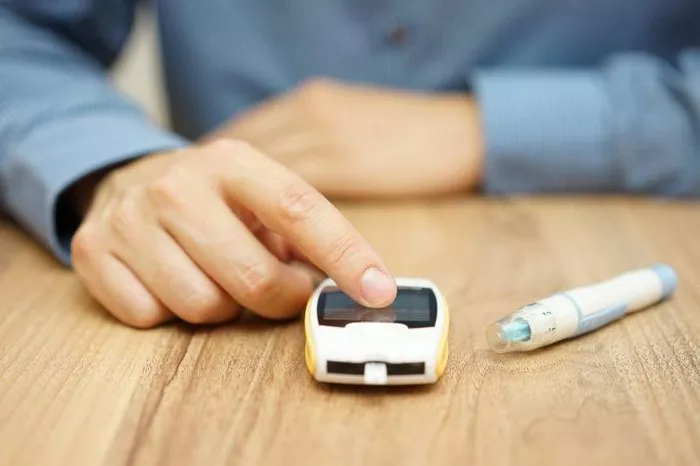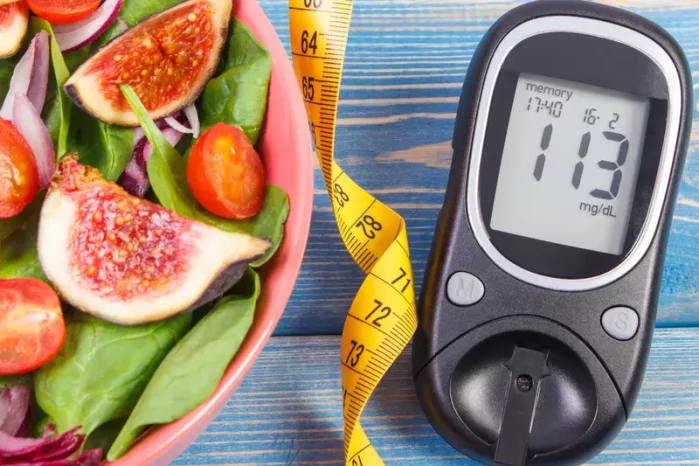Diabetes, a chronic metabolic disorder characterized by elevated blood sugar levels, affects millions of individuals worldwide. Type 2 diabetes, in particular, has reached epidemic proportions, driven primarily by sedentary lifestyles, poor dietary choices, and rising obesity rates. While diabetes is traditionally viewed as a progressive and irreversible condition, emerging research suggests that it may be possible to achieve remission or even reversal through targeted lifestyle interventions and medical approaches. In this comprehensive guide, we delve into the strategies and approaches that hold promise in the quest to reverse diabetes.
Understanding Diabetes Reversal
Diabetes reversal refers to the achievement of normoglycemia (normal blood sugar levels) without the need for diabetes medications. It represents a significant milestone in diabetes management, offering hope for improved health outcomes and reduced long-term complications. While not all individuals with diabetes may achieve reversal, many can experience substantial improvements in glycemic control and overall well-being through proactive interventions.
The Role of Lifestyle Modifications
Lifestyle modifications lie at the heart of diabetes reversal efforts. These interventions focus on optimizing diet, increasing physical activity, managing stress, and promoting healthy sleep habits. By addressing underlying risk factors and promoting metabolic health, lifestyle changes can help improve insulin sensitivity, reduce inflammation, and promote weight loss, all of which are key components of diabetes reversal.
1. Adopting a Nutrient-Dense Diet
A cornerstone of diabetes reversal is adopting a nutrient-dense diet that emphasizes whole, unprocessed foods and limits refined carbohydrates and added sugars. The Mediterranean diet, rich in fruits, vegetables, whole grains, lean proteins, and healthy fats, has been extensively studied for its beneficial effects on glycemic control and cardiovascular health. Similarly, the low-carbohydrate diet, which restricts intake of high-carb foods in favor of protein and healthy fats, has shown promise in improving insulin sensitivity and promoting weight loss in individuals with diabetes.
2. Engaging in Regular Physical Activity
Regular physical activity is essential for improving insulin sensitivity, promoting weight loss, and reducing cardiovascular risk in individuals with diabetes. Both aerobic exercise, such as walking, jogging, or cycling, and resistance training, which involves lifting weights or using resistance bands, have been shown to be effective in improving glycemic control and overall fitness levels. Aim for at least 150 minutes of moderate-intensity aerobic activity per week, supplemented with two or more days of resistance training to maximize health benefits.
3. Managing Stress and Prioritizing Sleep
Chronic stress and inadequate sleep can adversely affect blood sugar control and exacerbate insulin resistance in individuals with diabetes. Incorporating stress-reduction techniques such as mindfulness meditation, deep breathing exercises, or yoga can help mitigate the negative effects of stress on metabolic health. Additionally, prioritizing quality sleep by maintaining a regular sleep schedule, creating a conducive sleep environment, and practicing relaxation techniques can promote optimal glycemic control and overall well-being.
Medical Approaches to Diabetes Reversal
In addition to lifestyle modifications, several medical approaches may aid in diabetes reversal, particularly in individuals with type 2 diabetes.
1. Bariatric Surgery
Bariatric surgery, such as gastric bypass or sleeve gastrectomy, has emerged as a highly effective treatment for severe obesity and associated metabolic conditions, including type 2 diabetes. These procedures result in significant weight loss and metabolic improvements, often leading to remission of diabetes in a substantial proportion of patients. While bariatric surgery is not without risks, it may be considered in individuals with severe obesity and poorly controlled diabetes who have not achieved adequate results with lifestyle interventions and medications.
2. Pharmacotherapy
Several medications commonly used in the treatment of type 2 diabetes may also facilitate diabetes reversal by improving insulin sensitivity, reducing glucose production by the liver, and promoting weight loss. These medications include metformin, which decreases hepatic glucose output and improves insulin sensitivity, and GLP-1 receptor agonists and SGLT-2 inhibitors, which stimulate insulin secretion and increase urinary glucose excretion, respectively. When used in conjunction with lifestyle modifications, these medications can help optimize glycemic control and promote metabolic health.
3. Continuous Glucose Monitoring (CGM) and Insulin Pump Therapy
Advances in diabetes technology, such as continuous glucose monitoring (CGM) systems and insulin pump therapy, can provide real-time insights into blood sugar levels and facilitate more precise insulin dosing. CGM systems offer continuous glucose readings and alerts for hypo- and hyperglycemia, allowing individuals with diabetes to make timely adjustments to their insulin therapy. Similarly, insulin pump therapy delivers insulin through a wearable device, offering greater flexibility and customization in insulin dosing. By harnessing the power of these technologies, individuals with diabetes can optimize their glycemic control and potentially achieve reversal of the condition.
Conclusion
Diabetes reversal represents a promising paradigm shift in the management of this chronic metabolic disorder. By implementing targeted lifestyle modifications, embracing medical interventions, and leveraging advancements in diabetes technology, individuals with diabetes can take proactive steps toward achieving optimal glycemic control and improved overall health. While diabetes reversal may not be attainable for everyone, the benefits of adopting a healthy lifestyle and proactive approach to diabetes management are undeniable. By empowering individuals with the knowledge and tools they need to thrive, we can pave the way toward a future where diabetes is no longer a lifelong sentence, but a manageable and reversible condition.



























